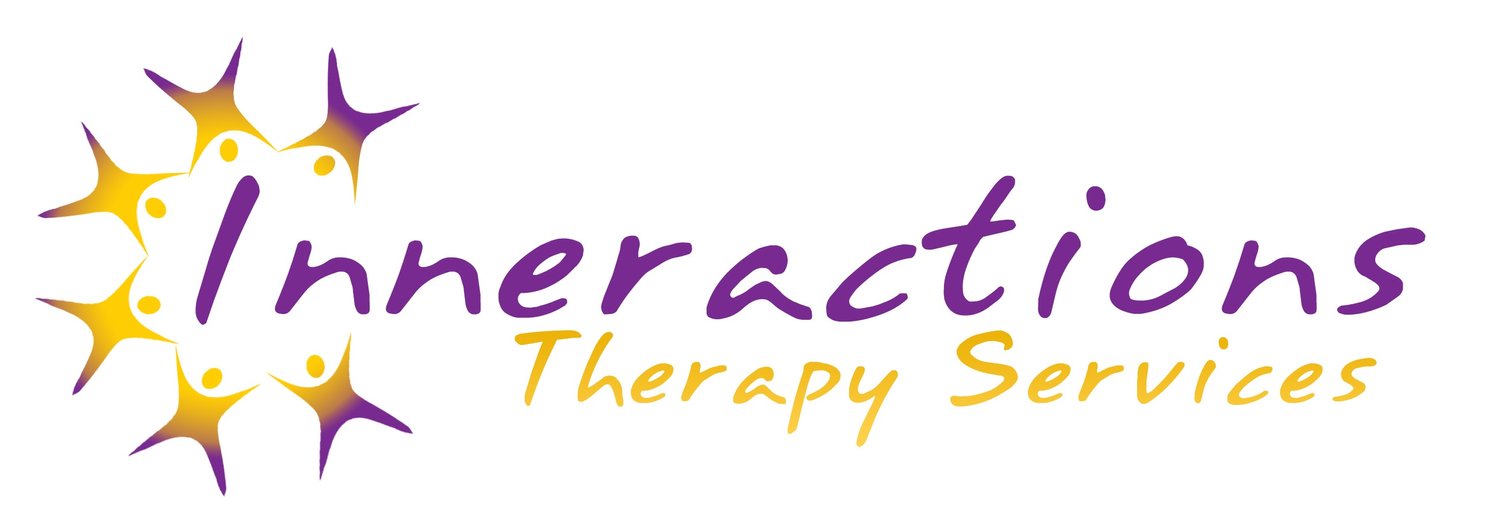
Therapy For Teenagers
Helping your teenager heal and grow through teen therapy
The teenage years are a challenging time for families and teens. There may be more freedoms, but this comes with physical, mental, and emotional challenges. Many teenagers may not have been taught the skills to work through these challenges, that’s where teen therapy can help.
There are many stressors for teens like doing well in school, finding your social group, communicating with parents and siblings, dealing with body changes, understanding the social scene, and thinking about the future. You may need specific help with learning challenges such as ADHD, Autism Spectrum (ASD), neurodivergence, social anxiety, depression, and relational and expression challenges.
For many teenagers, talking with an objective teen therapist who empowers and meets you where you are can help. In a safe, supportive environment with evidence-based teen therapy treatment, you can address your life’s challenges, gain coping strategies, and feel more in control of your life.
There are many reasons why you may want therapy for teenagers. In the important years of a person’s development, support can make a huge difference in the lives of teenagers. Below are just a few of the common reasons you may consider teen therapy:
How does teen therapy work?
Negative thinking
Self-harm behaviors
Increased sadness
Stress management
Anger
Trauma
Medical/physical illness
Why teens go to therapy
School difficulties-grades, social, emotional, and behavioral
Isolation
Struggles with peers and relationships
Perfectionism
Gender role and identity questioning
Parent separation & divorce
Common themes in teen therapy
Teen years are all about big changes. Therapy for teenagers often focuses on these life changes like puberty, school transitions, and others.
Processing Life Changes
Teenagers often struggle with anxiety about schoolwork, social media, and many other issues that can be addressed in therapy.
Coping With Anxiety
One of the most common issues teenagers face is issues with peer relationships. In teen therapy they can unpack these struggles.
Struggling With Peers
How to talk about therapy for teens
It can be difficult for many teenagers to talk about their feelings. Teen years are full of heightened emotions, and a struggle to understand them. This is especially true when it comes to their relationships with their parents. Teen therapy can help with these emotions, but talking with your teenager about therapy can be difficult. Here are a few things you can do to talk with your teen about therapy.
This is their therapy: Help give them reassurance about their control over the course of therapy. Understanding that therapy is confidential, and giving them control over aspects of therapy like picking their therapist can be great ways to open them up to the process if they’re unsure.
Remove the stigma: While progress is being made, some people still experience a stigma around getting mental health. Helping them understand that therapy is not something to be ashamed of can be helpful.
Emphasize personal growth and wellness: Not everyone needs therapy for emergency situations. One great way to increase buy in for teen therapy is to emphasize therapy as a way to grow and better function in life.
Understanding the process of therapy: Helping your teen understand what to expect from therapy can be helpful. Sharing where you’ll be going, when, and what you may talk about when you get there can be great ways to prepare your teen for therapy. This is especially true if you’re considering group therapy for teenagers.
How to set goals in teen therapy
Having goals is a key part of success in teen therapy. Your goals for teen therapy may look different depending on your teen and what brings them to therapy. It’s important to remember what your and your teen’s goals are in therapy. Talking about your teen’s goals for therapy is an important step to successful therapy.
So how do you decide your goals for teen therapy? Maybe your teen is experiencing depression, or anxiety and you want to manage those feelings. Or maybe your teen is struggling socially and wants to work on their social skills.
SMART goals for teen therapy
No matter what your teen therapy goals are it’s important that they’re SMART. That means your goals are:
Specific: Are your goals easy to identify and not a general goal like “Be happier”
Measurable: Can you measure your goals to track progress over time?Achievable: Are your goals realistic enough that you can achieve them?
Relevant: Are your goals relevant to what’s bringing you in for therapy?
Time-bound: Is there a time period for your goals so you know when to measure them?
Identity, Self-Esteem, and Finding Your Voice in Teen Therapy
Teens are discovering who they are—Therapy helps them thrive
The teenage years are full of big questions and not a lot of satisfying answers. For teenagers these unclear answers can result in a lot of strong emotions without a clear path to deal with these emotions. Teen therapy can help you and your teenager navigate the complex journey of identity and self-worth that are common for teenagers.
How therapy supports teen identity development
Therapy for teenagers offers a safe space to explore their values and beliefs.
Learn crucial skills for emotional regulation and self-expression to help your teen become the best version of themself.
Build confidence through positive reinforcement and skill development in a safe and welcoming environment.
Common teen identity struggles
Feeling “not good enough” or lost in life
Pressure from peers or social media to act a certain way or have a certain type of personality
Female and male body image issues
Gender identity exploration
Cultural and family expectations
Experience empowerment through self-advocacy
Teen therapy encourages teens to speak up for themselves and set healthy boundaries with people in their lives.
Teens gain tools to understand and manage emotions, relationships, and inner dialogue.
Teen therapy for self esteem helps teenagers improve their sense of worth improving symptoms of anxiety and depression.








